What is Considered a High Level of COVID Antibodies?
.png?v=1674494250292)
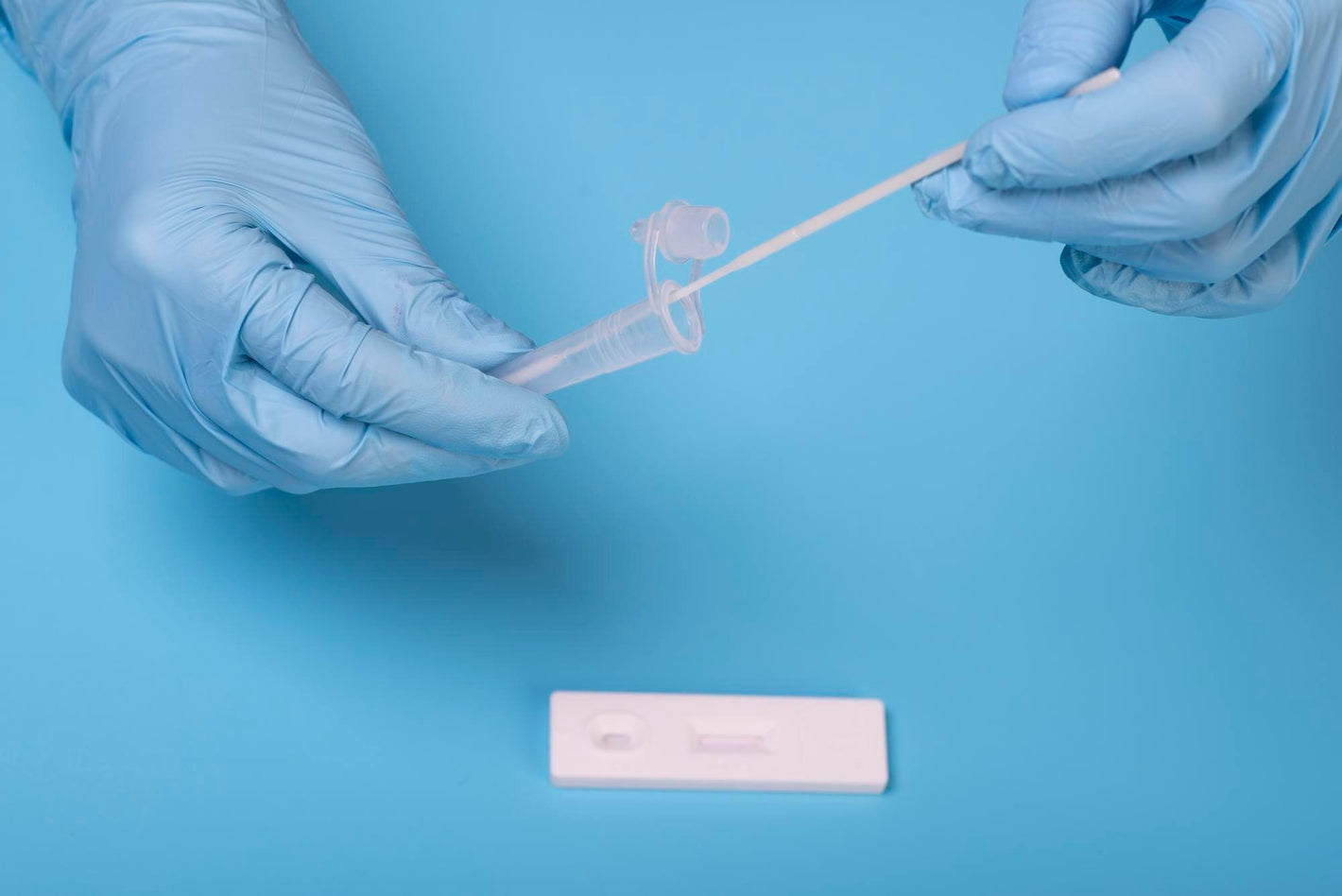
Related products
Overview
Antibody testing is used to determine whether a person has previously been infected with SARS-CoV-2, the virus that causes the coronavirus COVID-19 infection. These tests are typically done using a blood sample.
Read more: COVID-19 (Coronavirus)
What is a high level of antibodies from the COVID-19 virus?
According to the UK's Office for National Statistics:
"Levels at 2,000 ng/ml, 4,000 ng/ml and 6,000 ng/ml were also recently introduced to identify higher concentrations of antibodies in the blood. These higher levels provide a more informative view of population antibody levels and give earlier indication of antibody levels waning."
What are antibodies?
Antibodies are a kind of protein made by the immune system as a reaction to an infection. The level of antibodies can change based on how well a person's immune system responds to the specific virus and how long it has been since they were infected. Generally, a high level of antibodies is considered a good indication of a strong immune response to the virus. But it's important to remember that the relationship between antibody level and immune protection needs to be fully understood. It is still being determined what antibodies are needed to provide equivalent protection against reinfection.
Try this test to accurately measure your antibody levels.
Previous Infections of COVID-19
Evidence suggests that people with a previous COVID-19 infection may have some level of immunity to the virus. This immunity may be stronger in those who have developed higher antibodies. However, the length of time that antibodies remain in a person's system after a previous infection needs to be better understood. It is also important to determine if the immunity provided by antibodies will wane over time.
In the UK, the Health Security Agency (HSA) has conducted several studies investigating the relationship between antibody levels and immunity to COVID-19. These studies have used antibody data from blood tests and infection surveys to model the likely level of immunity in different age groups. The HSA has also conducted data analysis to estimate the level of antibody positivity in the population and to identify factors that may affect the strength of the antibody response, such as age and the presence of other underlying health conditions.
The World Health Organization (WHO) researched the relationship between antibodies and a stronger immune response to COVID-19. The WHO has published guidance on antibody tests, including recommendations for the benefit of different types of antibody assays and the interpretation of test results. The WHO has also guided antibody tests to determine the population's immunity level and to inform vaccination strategies.
Read more: The difference between Omicron, Delta and Deltacron.
Negative Antibody Testing
It is essential to remember that receiving a negative test result does not automatically indicate that a person has not been infected with the SARS-CoV-2 virus. Some people infected with the virus may not develop enough antibodies to be detected by an antibody test, or the antibodies may not yet be present in the blood at the testing time. In addition, the accuracy of antibody tests can vary depending on the type of assay used and the manufacturer.
The Delta variant of SARS-CoV-2, first identified in India, is more transmissible and causes more severe illness than other virus variants. It is considered to be one of the most infectious diseases. Some evidence suggests that the Delta variant may also be associated with a weaker immune response and lower levels of antibodies. The HSA has conducted modelling to estimate the impact of the Delta variant on the level of immunity in the population and has found that the variant may lead to a higher proportion of people testing positive for antibodies.
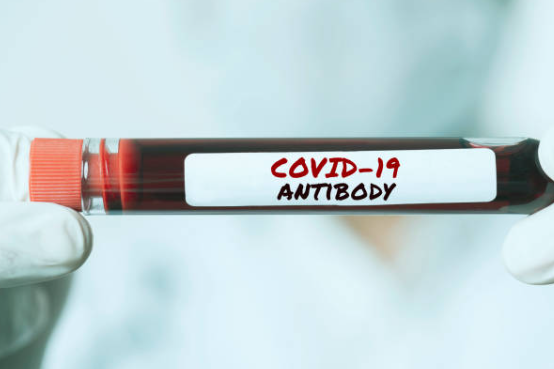
Final words
In conclusion, it is clear that much is still not known about the relationship between antibodies and immunity to COVID-19. Further research is needed to understand the level of antibodies required to provide equivalent protection against reinfection and to determine the length of time antibodies remain in a person's system after infection. In the meantime, it is important to keep following public health advice, such as getting vaccinated and wearing masks to keep the COVID-19 virus from spreading to themselves and others.
Use this COVID-19 antibody test to determine your antibody levels.



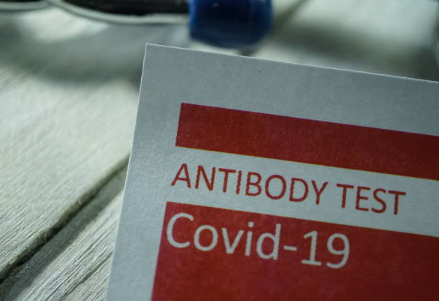
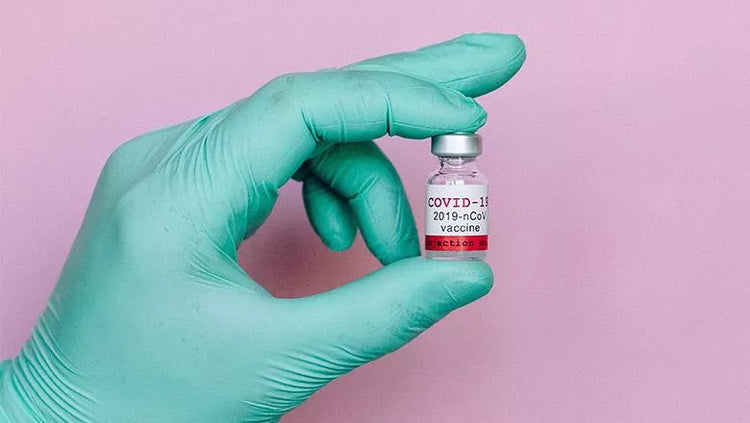



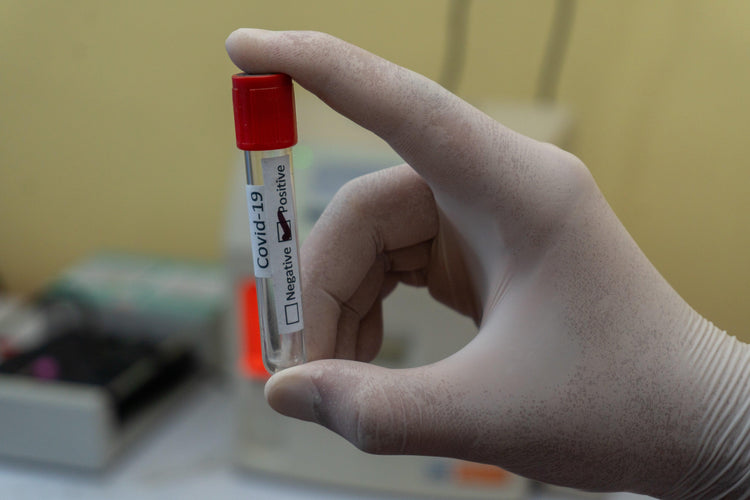

 Rated Excellent by 26,523+ Reviews
Rated Excellent by 26,523+ Reviews